What's Faith Got to Do With It? The Continuing Power of Pentecost
This Sunday is known as Pentecost. We commemorate this day as the birthday of the church, a time when a diverse and unfocused group of people suddenly became inspired in ways they never imagined.
The account given to us in the second chapter of Acts describes a rushing, mighty wind and flames like tongues of fire over and among those early believers.
We celebrate the resulting miracle: a cacophony of multiple languages, a babble of chaos suddenly understood by all; tentative, frightened followers of Jesus now transformed into courageous witnesses ready to share the excitement of their newfound faith.
Yet, we sometimes overlook what happens next.
The strength of the fellowship expands. Sharing, caring, risking, and prophesying … these become the hallmarks of the faithful. That is, this early church recognizes a newfound calling, along with newfound power.
As Peter stands before that gathered crowd, his sermon includes a reference to Moses and an Old Testament story in Numbers 11. Some of the members of the community in that account had begun to prophesy, to be prophets, to tell the truth, to call others to task. Moses was busy, too distracted, and too tired to administer all that vied for his attention. Details were being forgotten, folks were not being held accountable; the community was suffering. Anger was rising.
When told that some were prophesying without his consent, he responded simply: “If only others among us would do the same!”
Peter, in Acts 2, echoes Moses’ fervent wish.
So the scripture for this Sunday is not only about the breaking down of barriers and the building up of understanding among different language and ethnic groups. Such truth remains vital and necessary in our world, now more than ever.
But with the continuation of the passage, we find the faithful called to a broader, deeper reality.
To speak truth to power; in other words, to prophesy about what matters, to call attention to what is right, needed, and necessary. And this, those early Christians began to do.
The book of James in our New Testament carries this mandate beyond words:
“What does it profit, my brothers and sisters, if someone says they have faith but has not works ... So faith, by itself, if it has no works, is dead.” – James 2:14-17
For our time, remembering the power for Pentecost, what does faith have to do with it?
John Steinbeck is one of my favorite authors. The writer of seventeen novels, it is his greatest and longest that had the most enduring impact. The Grapes of Wrath, published in 1939, created a movement in this country that elicited strong reactions—anger from farm owners, sympathy from the broader public.
Deeply moved and troubled by the plight of farmworkers near his home in Salinas, California, his extraordinary portrayal of the Joad family in The Grapes of Wrath gave the world a poignant glimpse into the tragic travails of regular people struggling to survive against massive odds.
Steinbeck uncovered the dirty secrets of capitalism’s dark side—unethical politicians, rough-hewn policemen, exploitive farm owners, and an entire system geared solely toward profit and in opposition to compassion.
Tom Joad, the principal character in the story, victimized by the system but determined not to give in or give up, experiences his own epiphany: “Wherever they’s a fight so hungry people can eat, I’ll be there ... Wherever they’s a cop beatin’ up a guy, I’ll be there.”
Steinbeck was roundly criticized at the time and called all manner of things, including a communist, for criticizing the virtues of capitalism. However, a U.S. Senate investigation backed his claims and ultimately led to changes in conditions and protections of the workers.
Sadly, too often in the history of our country, faith in the system of an unchecked or unregulated industry allowed for a multitude of abuses. Still today, similar abuses exist and concerns continue.
If you have time, investigate some of the findings related to the meat and poultry industries, both in the ways that animals are treated and humans are exploited. We also are becoming painfully aware of how many people in industries like these are considered essential workers, yet are forced to work in unsafe environments highly at risk for COVID-19.
Recent events in Brunswick, GA further highlight dangers the African-American community faces. Debates and anger about immigration, passion for racial reconciliation, support for brothers and sisters in the LGBTQ+ community; environmental degradation and the dangers of climate change; prison reform, death penalty concerns, marriage equality, tensions between cities and rural areas, red states and blues states, progressives and traditionalists; the list can be almost endless.
And each one of these comes from a member at First Baptist expressing your passion for one of these particular issues. This is not a random list.
What about others of you? What do you feel God is calling you to stand for, to work on, to be passionate about?
Your speaking the truth to power entails passion, God’s fire stirring you to action. And this calling also requires some work; study, read, prepare, do your best to understand the varying perspectives on the issues you feel most passionate about.
Consider today what God would have you see that might need to be changed and how your faith could generate a new work that will make a difference.
And may this Pentecost remind each of us about our role in God’s church. While we break down barriers and lift up others, we must also learn about, be aware of, and call attention to what needs to be made right.
This is the nature of prophecy. This continues to be the result and the power of Pentecost.
David Jordan, Senior Pastor, First Baptist Decatur

